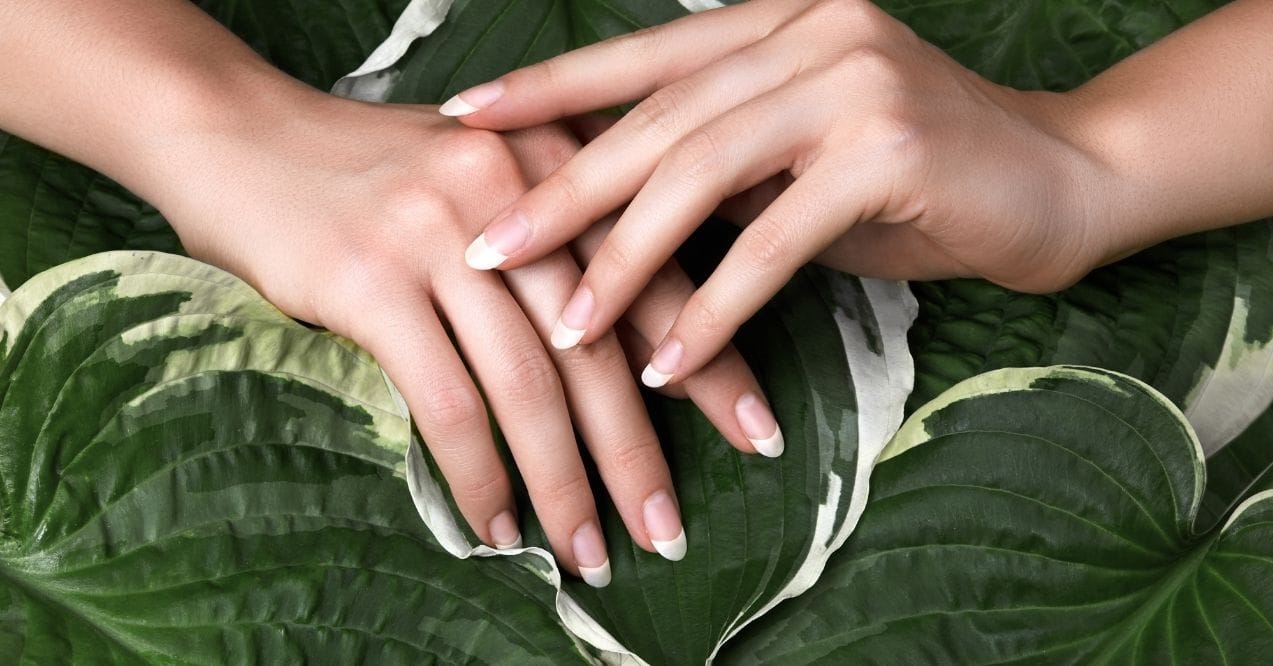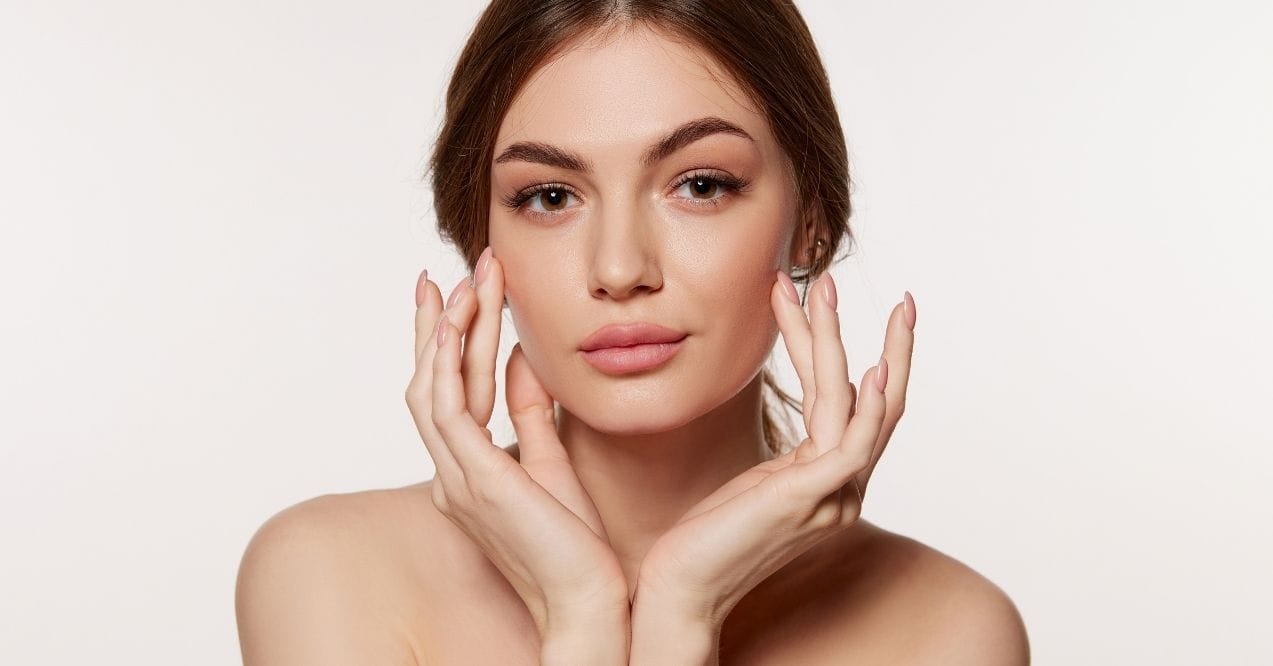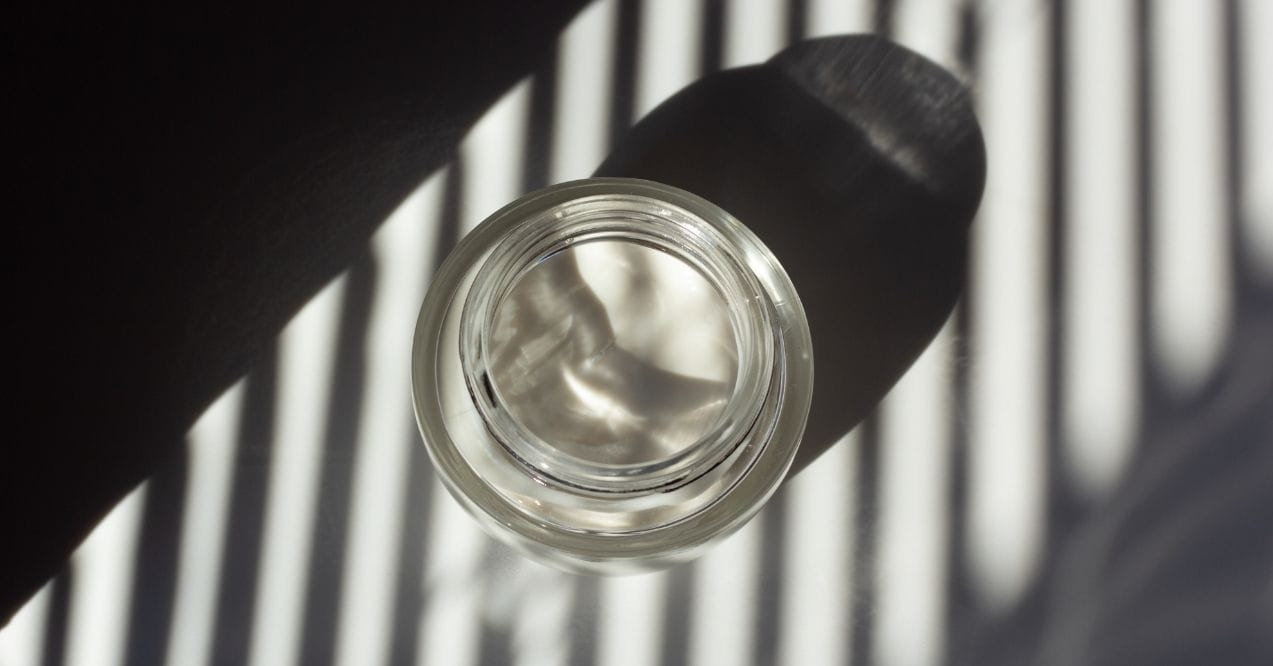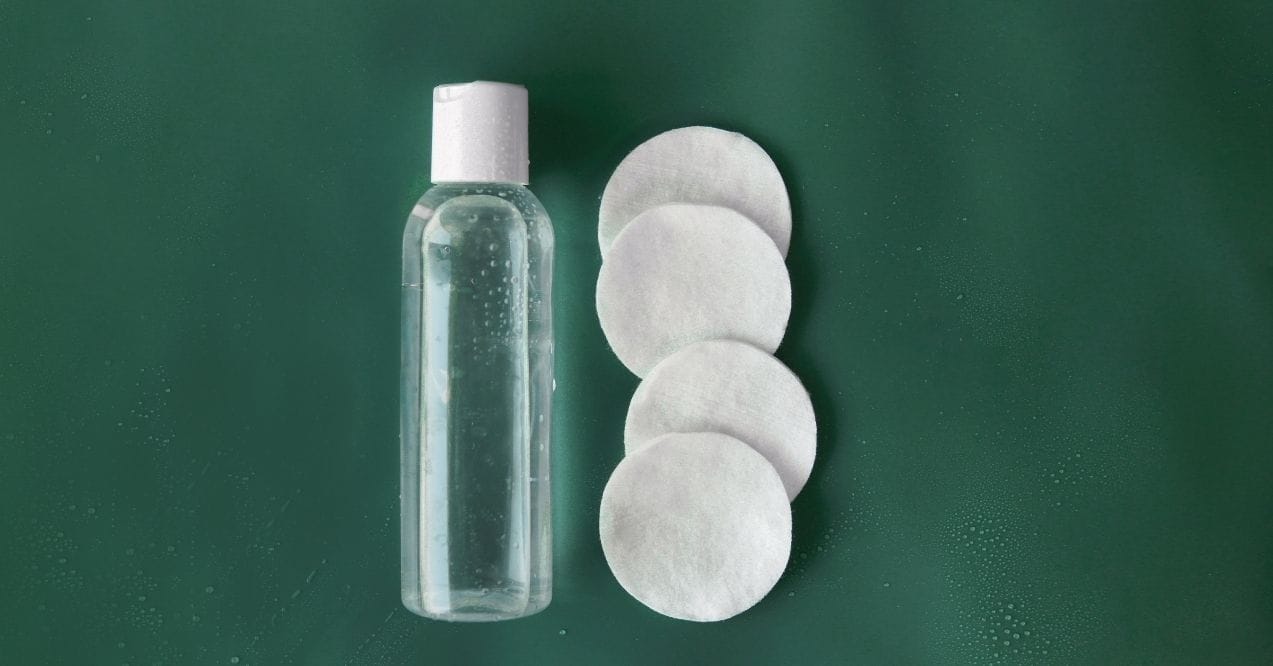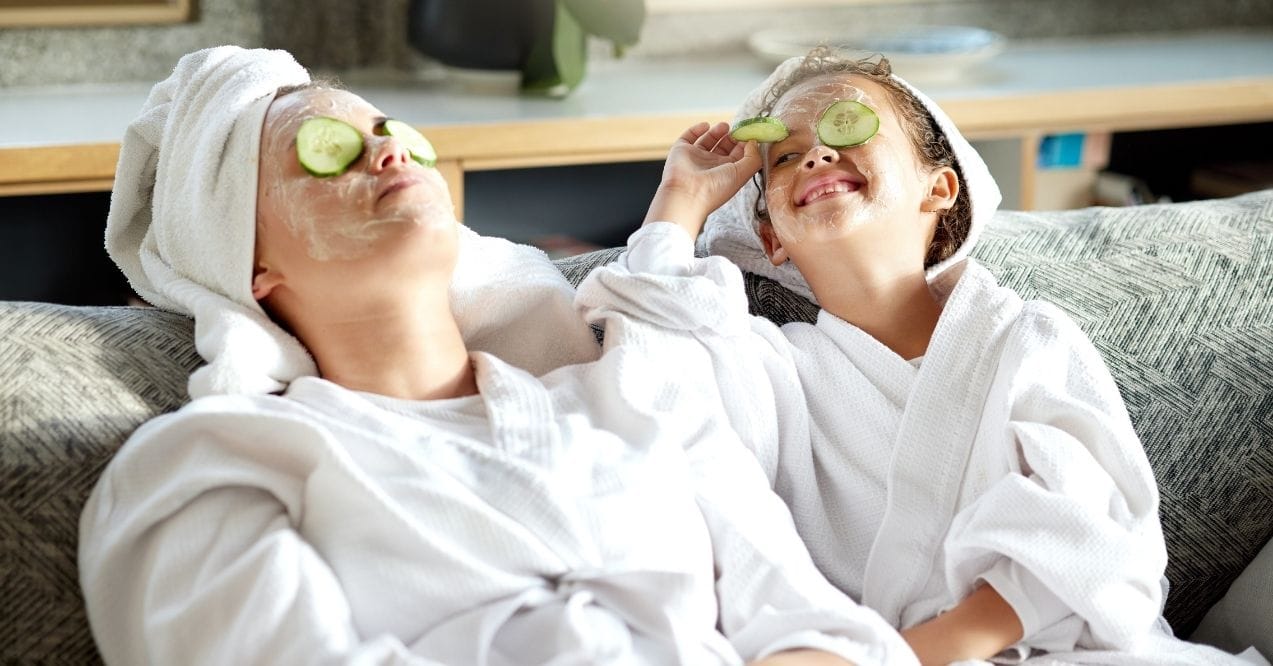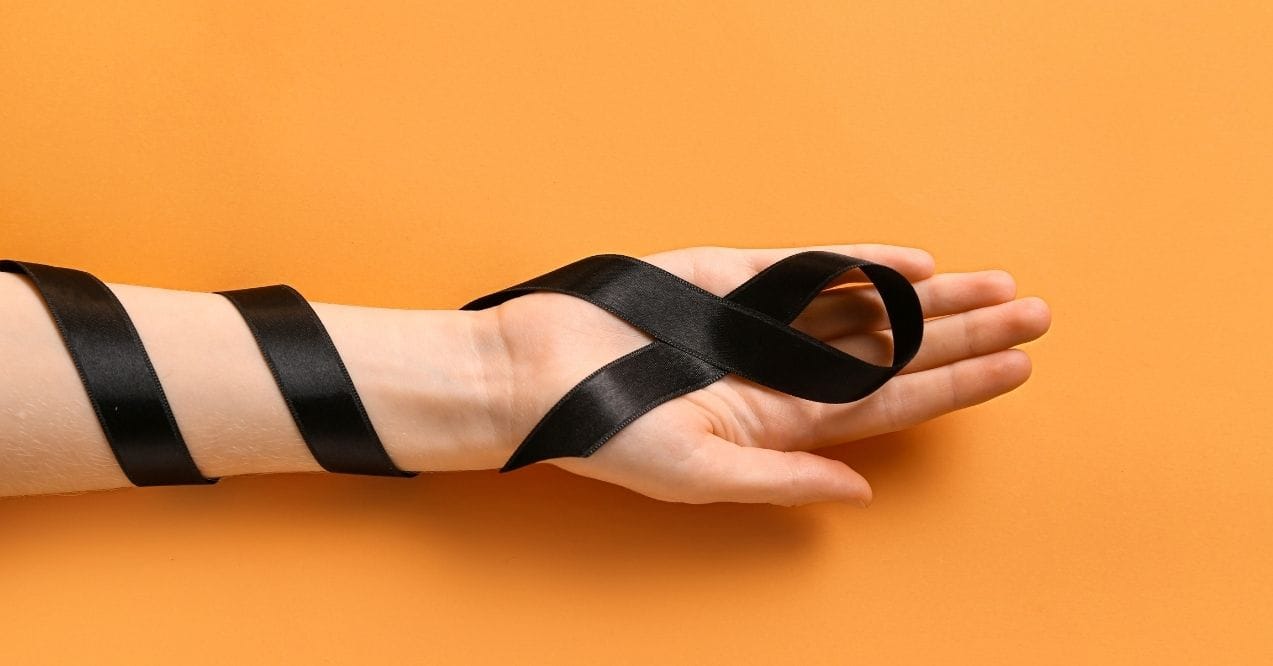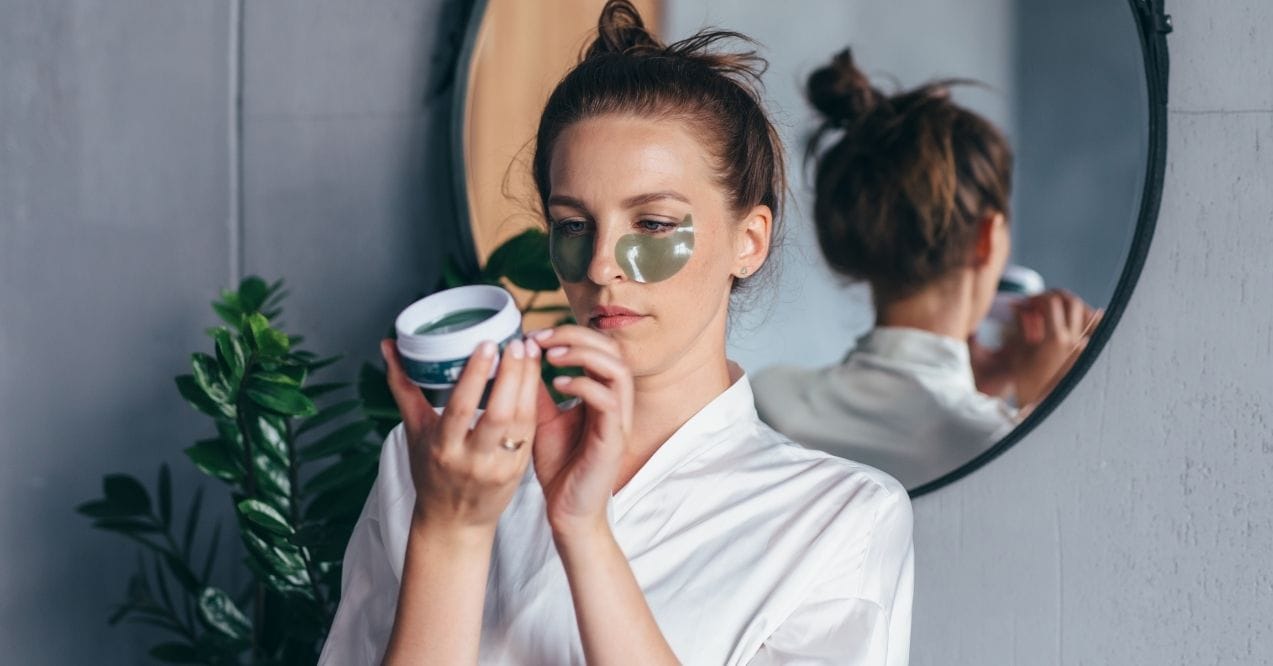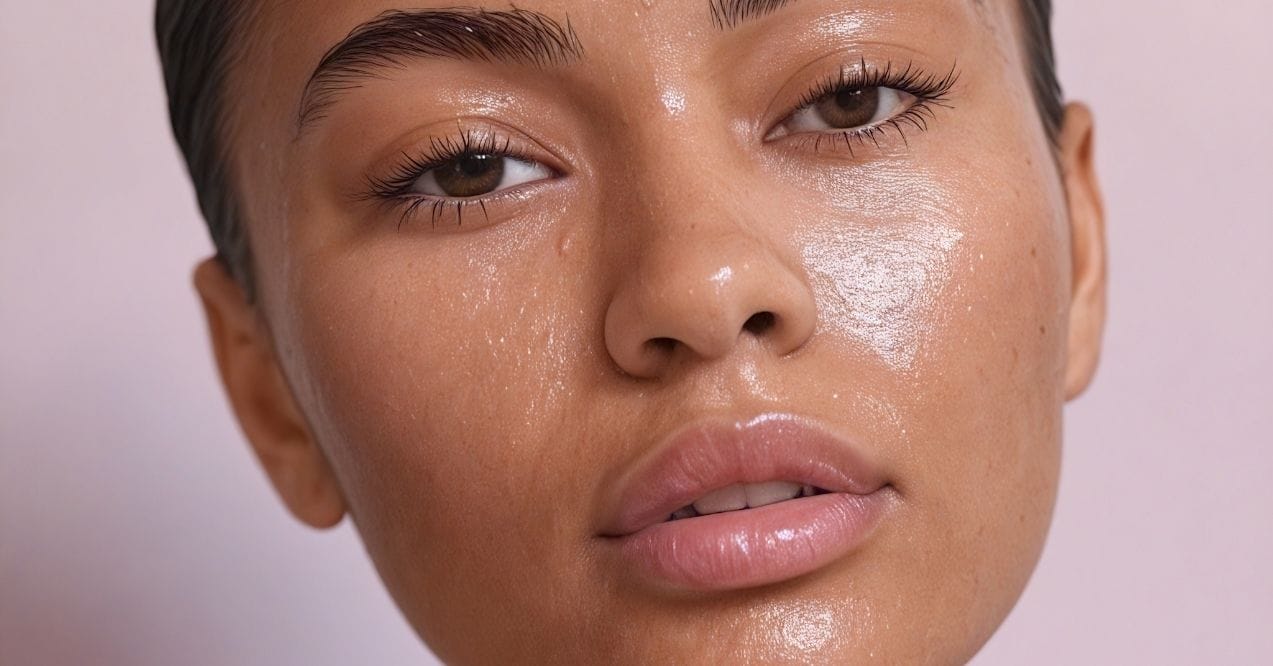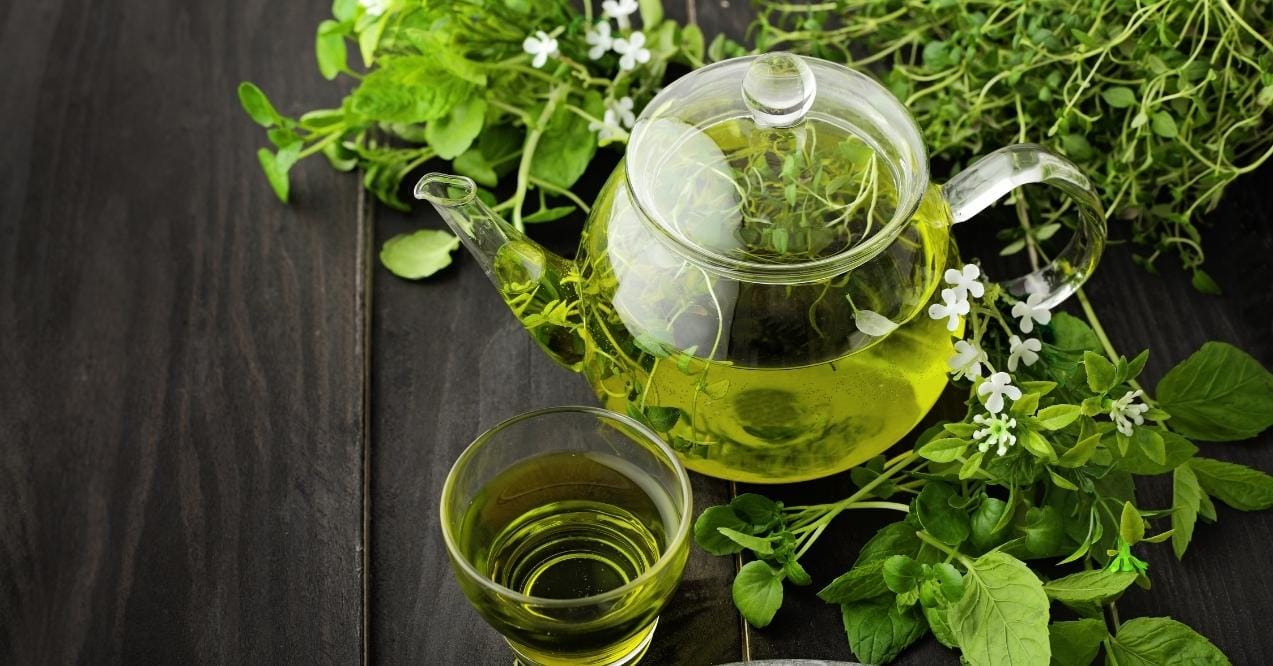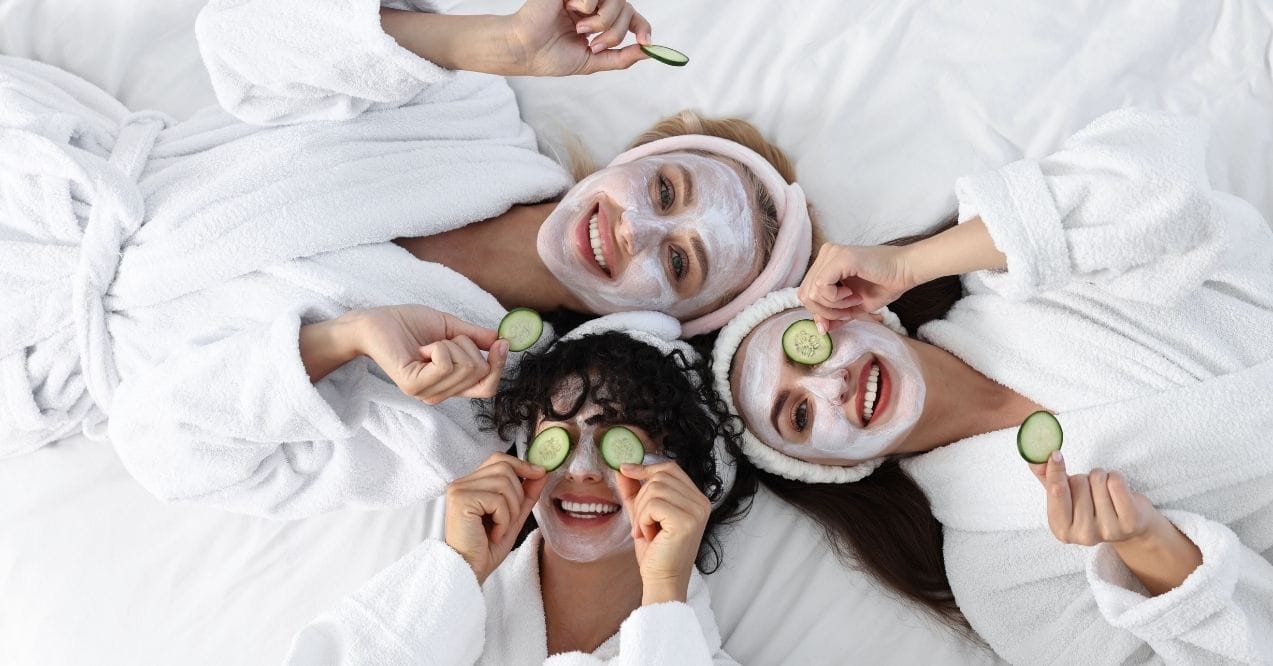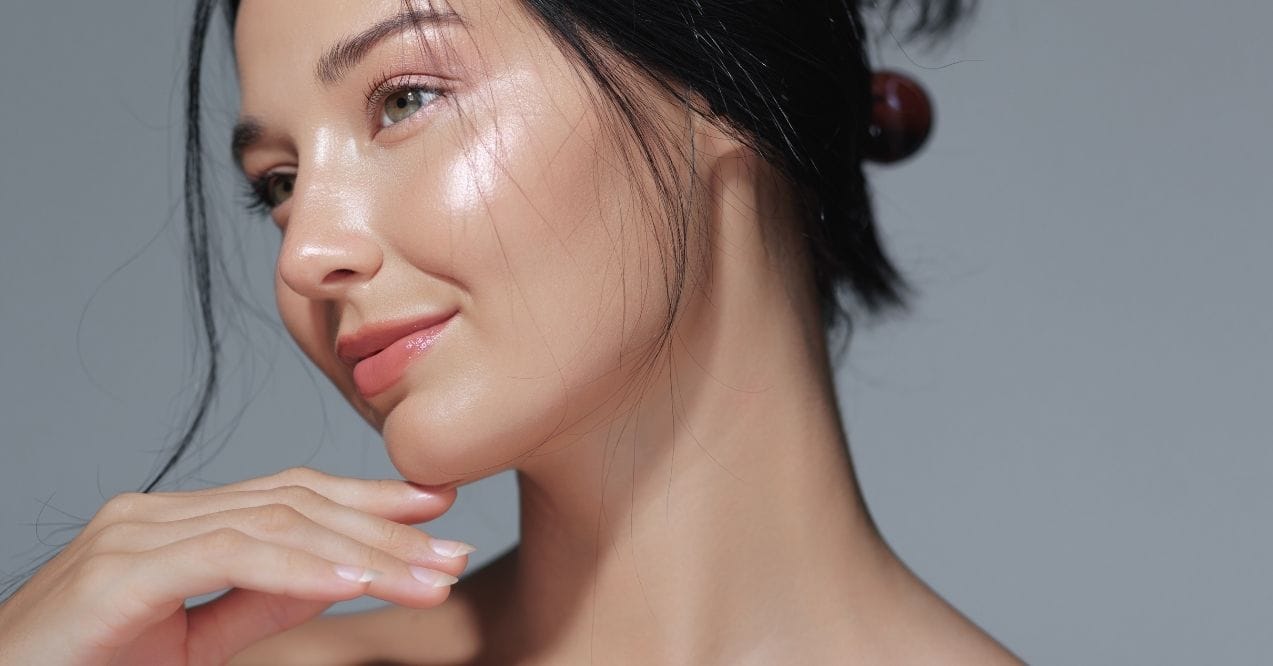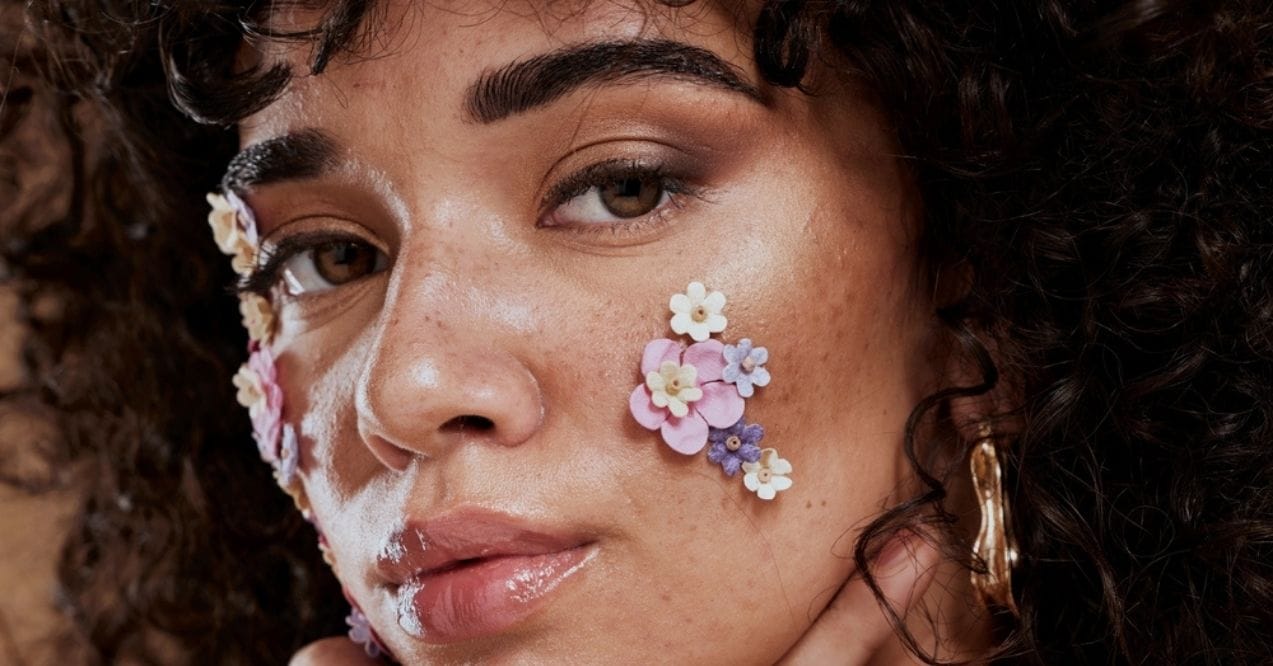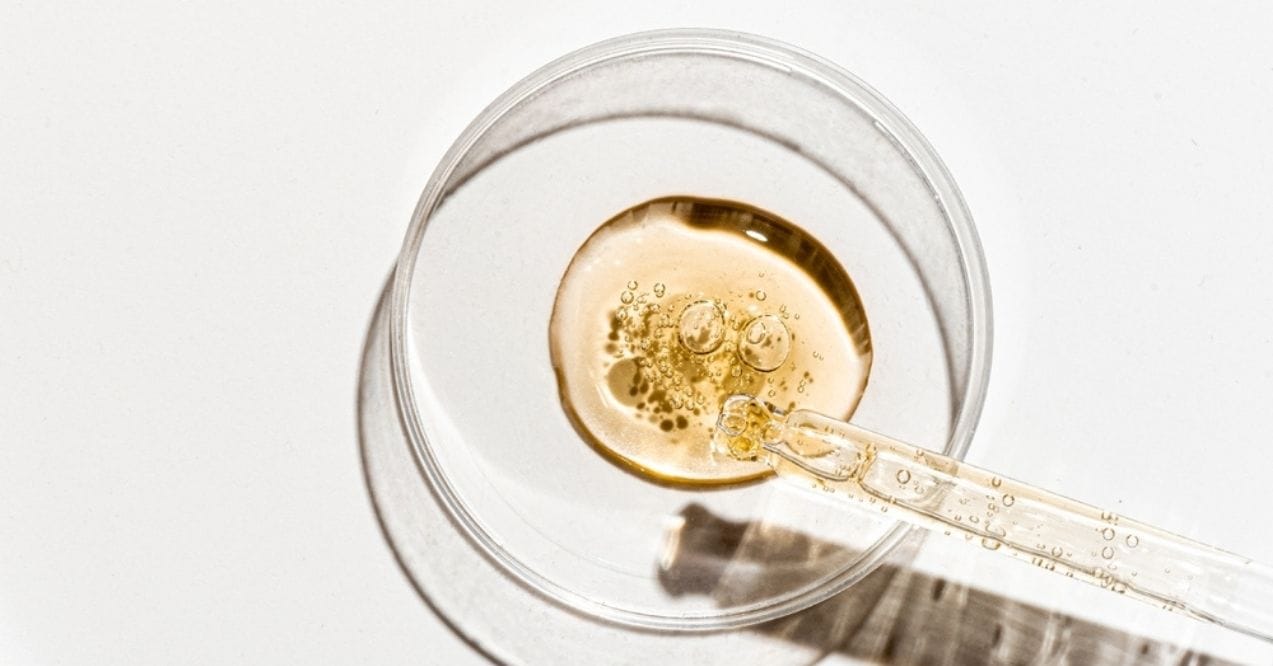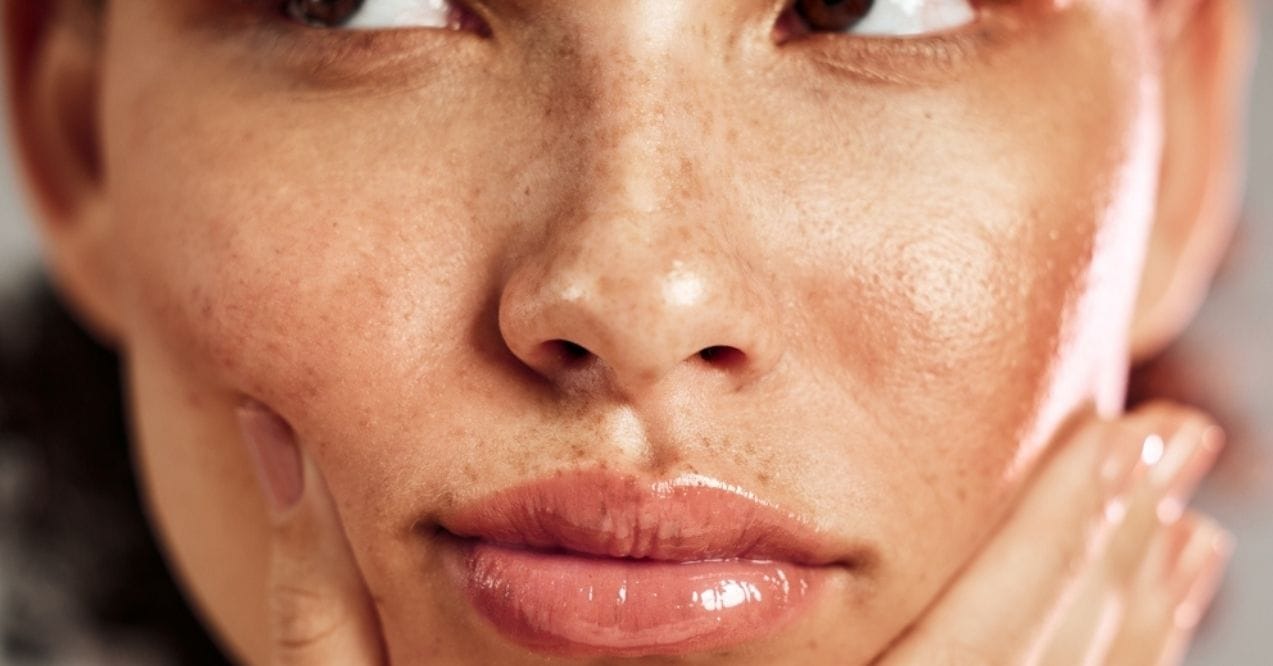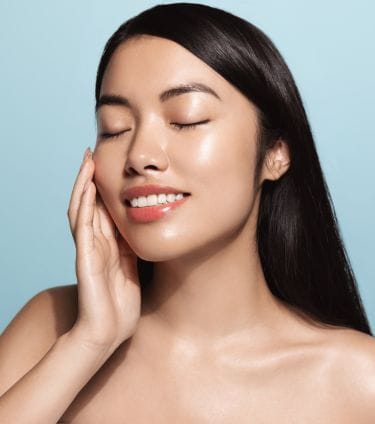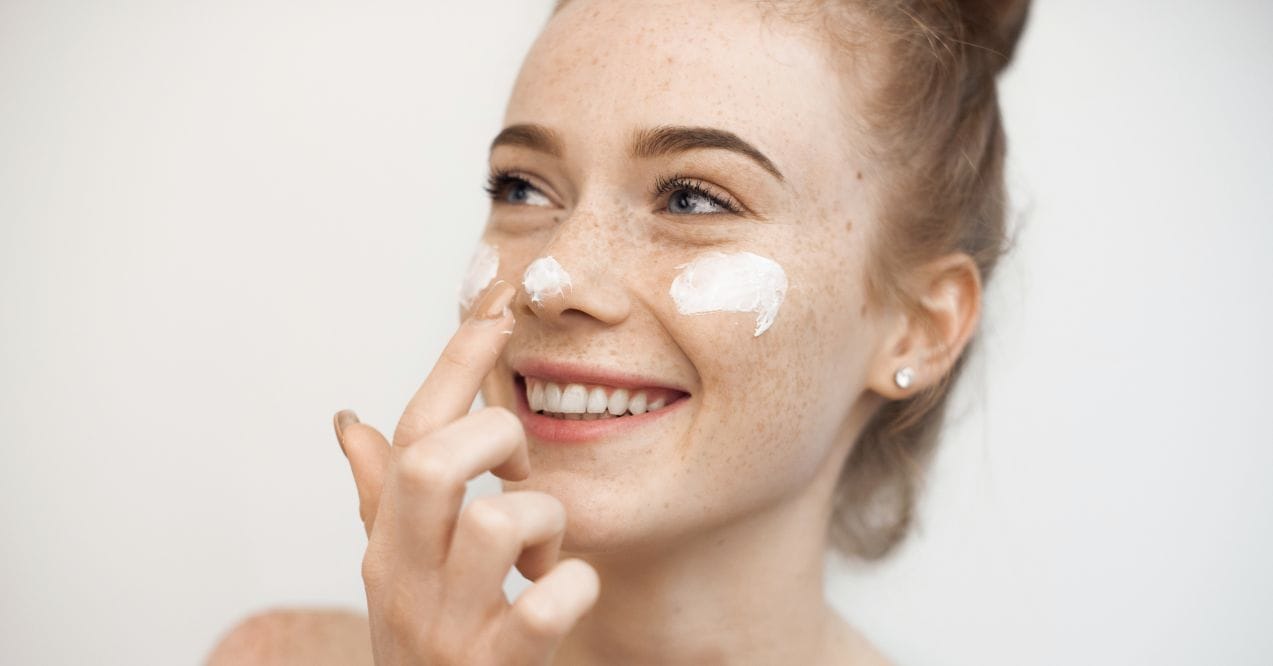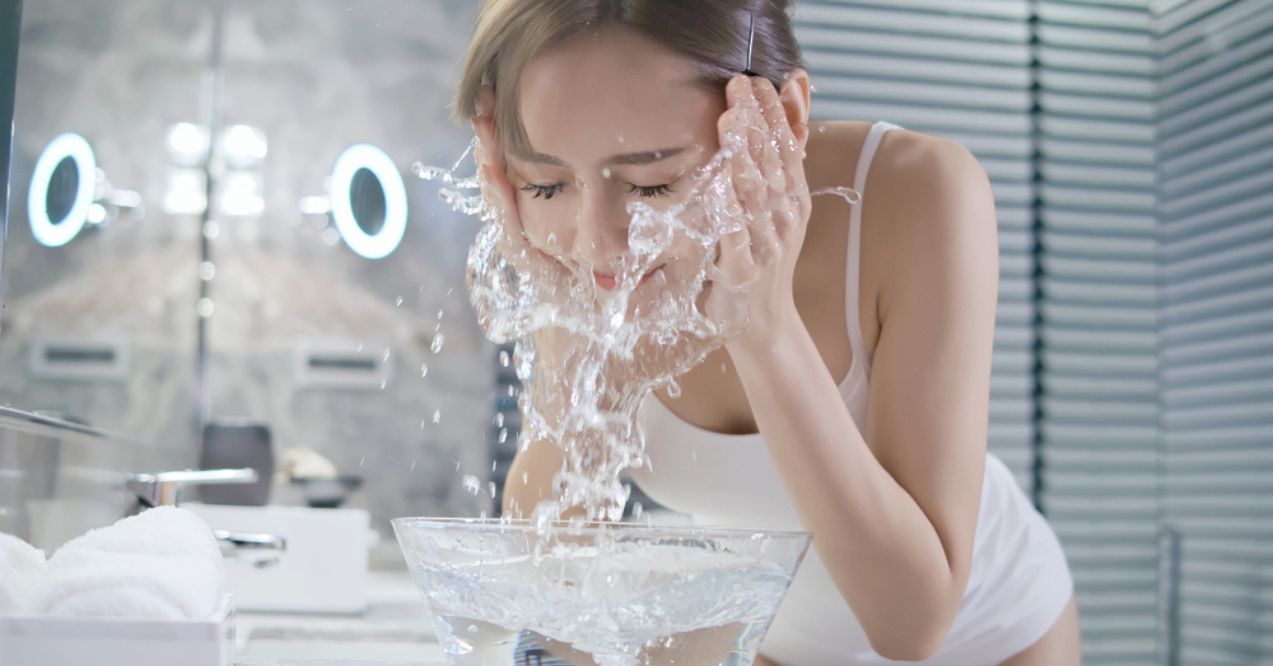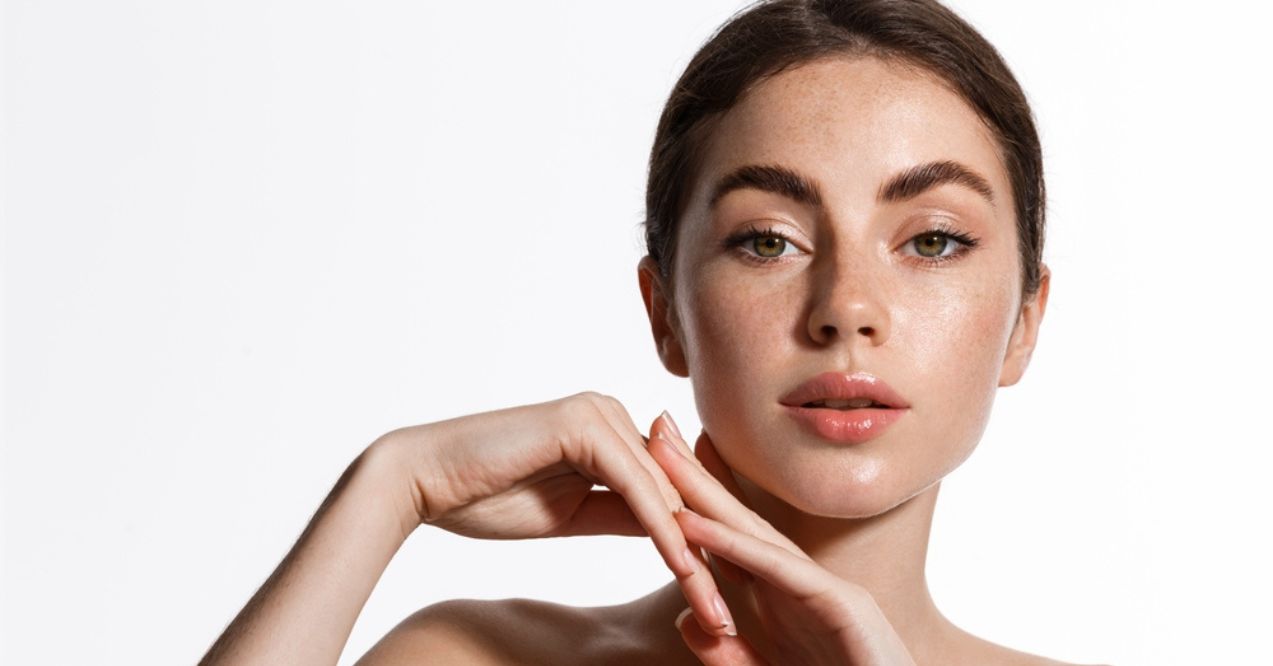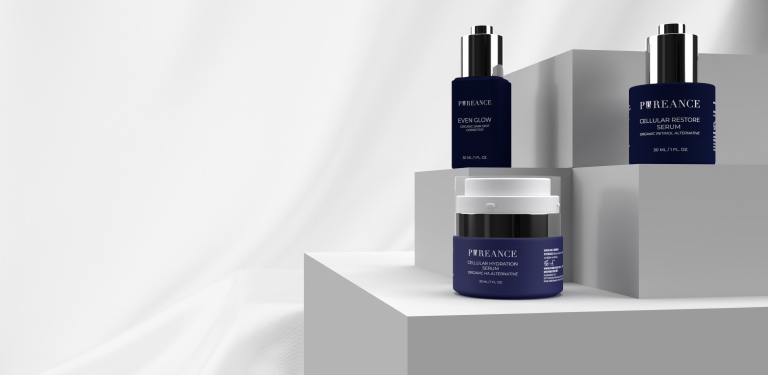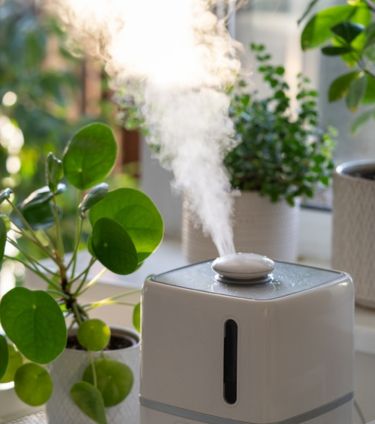
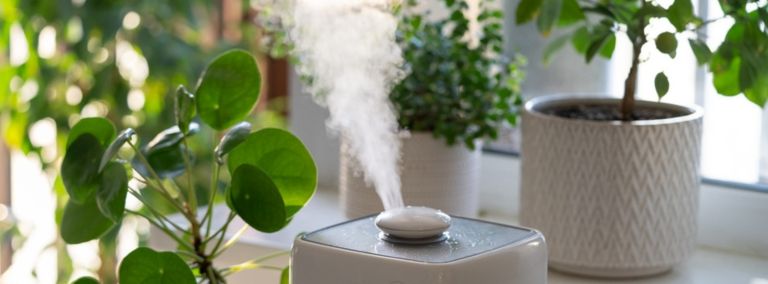

Is Humidity Good for Skin?
Is humidity good for skin? This is a question that often arises when discussing skin health and the effects of environmental factors. Humidity refers to the amount of water vapor present in the air, and it can significantly impact the condition and appearance of our skin. While some levels of humidity are beneficial for maintaining a healthy, hydrated complexion, excessive or insufficient humidity can lead to various skin concerns. In this blog post, we’ll delve into the intricate relationship between humidity and skin, exploring the advantages and potential drawbacks of different humidity levels, as well as strategies to maintain optimal skin health.
Key Article Findings
- Humidity levels between 40-60% are ideal for maintaining skin hydration and a healthy complexion.
- High humidity enhances skin hydration, strengthens the skin barrier, and improves product absorption.
- Excessive humidity can lead to increased oil production, acne, and skin irritations, while low humidity can cause dryness and exacerbate skin conditions.
Understanding Humidity
Humidity is a measure of the amount of water vapor present in the air, and it plays a crucial role in our daily weather conditions. It is typically expressed as relative humidity (RH), which represents the ratio of the actual amount of moisture in the air to the maximum amount that the air can hold at a given temperature. Relative humidity is measured on a scale of 0% to 100%, with higher values indicating more moisture in the air.
Effects on Skin
Both high and low humidity levels can significantly impact the condition and appearance of our skin. Ideally, most dermatologists recommend maintaining a relative humidity range of 40-60% for optimal skin health. When humidity levels fall below this range, the air becomes drier, leading to increased moisture loss from the skin and potentially causing dryness, irritation, and exacerbation of certain skin conditions. Conversely, excessively high humidity levels can create a moist environment conducive to bacterial and fungal growth, potentially contributing to skin irritations and acne breakouts.
Why Is Humidity Good for Skin?

While both excessively high and low humidity levels can have adverse effects on the skin, maintaining optimal humidity levels can offer several benefits. Is humidity good for skin? The answer is a resounding yes – when it falls within the recommended range of 40-60% relative humidity. This sweet spot can help promote a healthy, radiant complexion.
Enhanced Hydration
One of the primary advantages of high humidity is its ability to enhance skin hydration. When the air contains ample moisture, it helps prevent transepidermal water loss (TEWL) from the skin’s surface. This increased moisture retention promotes supple, plump, and youthful-looking skin while reducing the appearance of fine lines and wrinkles. Is humidity good for oily skin? Yes, even oily skin types can benefit from the hydrating effects of humidity, as long as it’s within the optimal range.
Improved Barrier Function
The skin’s outermost layer, the stratum corneum, acts as a protective barrier against environmental stressors and pathogens. High humidity levels can help strengthen this barrier by promoting the production of natural moisturizing factors (NMFs) and lipids that keep the skin cells tightly bound together. This enhanced barrier function not only shields the skin from harmful pollutants but also helps prevent moisture loss, keeping the skin supple and healthy.
Enhanced Product Absorption
Higher humidity levels can also improve the absorption of skincare products into the skin. When the air is more humid, the skin’s outer layer becomes more permeable, allowing for better penetration of active ingredients. This increased absorption can enhance the effectiveness of moisturizers, serums, and other topical treatments, maximizing their benefits for the skin.
Natural Detoxification
Humidity can encourage sweating, which is the body’s natural way of flushing out toxins and impurities from the skin. As we perspire, the sweat helps to cleanse the pores, removing dirt, excess oil, and other debris that can clog them. This natural detoxification process can contribute to clearer, healthier-looking skin with minimized blemishes and breakouts. Is humidity good for your skin? Absolutely, as long as it’s within the optimal range and combined with proper skincare practices.
Soothing Effects for Dry Skin Conditions
For individuals with dry skin conditions, such as eczema or psoriasis, higher humidity levels can provide much-needed relief. The increased moisture in the air can help alleviate dryness, itching, and flaking associated with these conditions, promoting a more comfortable and soothed complexion. The hydrating effects of humidity can also help prevent further irritation and potential flare-ups.
The Downside of High Humidity Levels for Skin
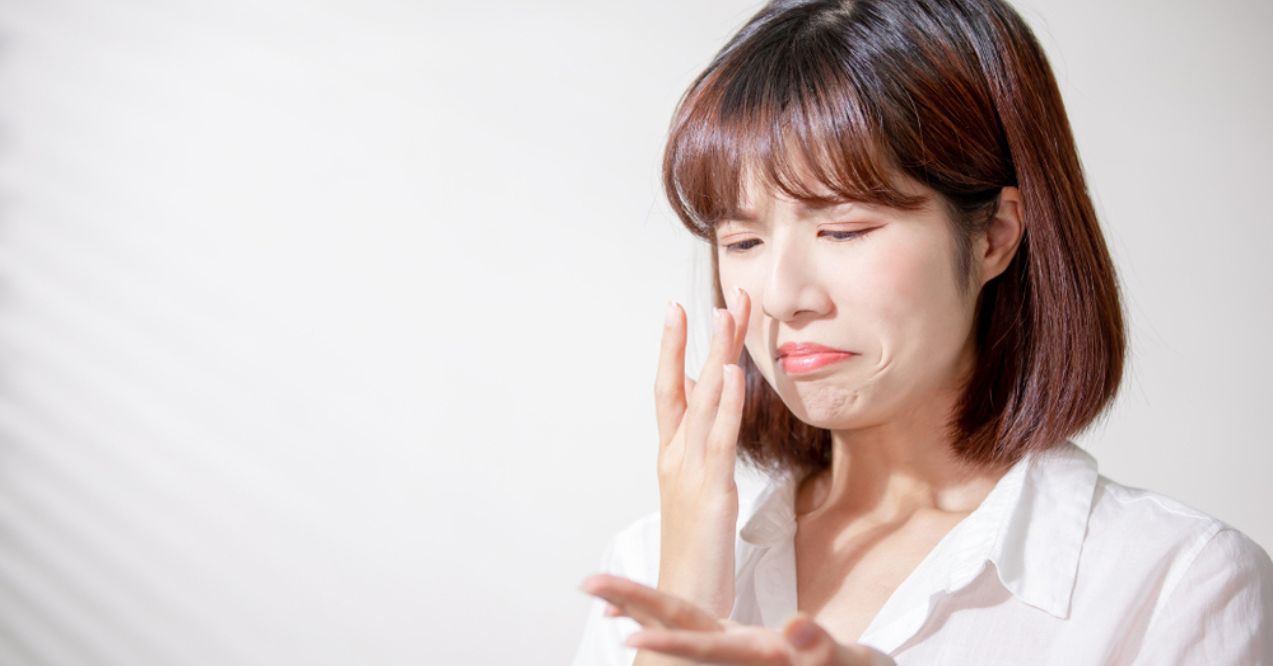
While humidity within the optimal range can benefit the skin, excessively high levels can also have some undesirable effects. It’s essential to strike a balance, as too much humidity can create an environment conducive to various skin concerns.
Increased Oil Production and Acne
When humidity levels soar, the skin may produce more sebum (oil) in an attempt to compensate for the moisture in the air. This excess oil can clog pores, trapping dirt and bacteria, leading to the formation of blackheads, whiteheads, and other acne breakouts. Those with naturally oily skin types may be particularly prone to this issue.
Proliferation of Skin Irritations
High humidity creates a warm, moist environment that encourages the growth of fungi, bacteria, and other microorganisms. This can increase the risk of developing various skin irritations and infections, such as athlete’s foot, jock itch, and yeast infections. Additionally, excessive humidity can exacerbate existing skin conditions like eczema or psoriasis, leading to flare-ups and further discomfort.
To maintain healthy skin in humid climates, it’s crucial to practice proper hygiene, use breathable fabrics, and consider using products formulated for humid conditions. Striking a balance between humidity levels and taking preventative measures can help minimize these potential downsides.
The Impact of Low Humidity on Skin
Just as excessively high humidity can be problematic, low humidity levels can also negatively impact the skin’s health and appearance. Why is humidity good for skin? One key reason is that dry air can severely dehydrate the skin, leading to a range of issues.
Skin Dryness and Irritation
When the air lacks sufficient moisture, it can strip the skin of its natural oils and hydration. This transepidermal water loss can cause the skin to become dry, tight, and flaky. Prolonged exposure to low humidity can lead to irritation, itching, and even cracking or bleeding in severe cases, compromising the skin’s protective barrier.
Exacerbation of Chronic Skin Conditions
For individuals with chronic skin conditions like eczema or psoriasis, low humidity can exacerbate symptoms. These conditions often involve impaired skin barrier function, making it more challenging for the skin to retain moisture. Dry air can further dehydrate the skin, triggering flare-ups, redness, and intense itching or scaling.
Maintaining adequate humidity levels is crucial for preventing these adverse effects and promoting overall skin health. Using humidifiers, incorporating hydrating skincare products, and avoiding excessive exposure to dry environments can help counteract the impact of low humidity on the skin.
Conclusion
Is humidity good for skin? The answer depends on finding the right balance. Humidity levels between 40-60% are beneficial, as they help maintain skin hydration, strengthen the barrier, and enhance product absorption. However, both excessive and insufficient humidity can lead to skin issues, from acne and irritation to dryness and flares in chronic conditions. By understanding the effects of humidity and adjusting your skincare routine accordingly, you can promote healthier, more resilient skin.
The optimal humidity level for skin health is between 40-60% relative humidity. This range effectively maintains skin hydration, reduces irritation, and supports a healthy, radiant complexion while minimizing adverse effects like dryness or excessive oiliness.
Yes, high humidity can cause itchy skin by promoting the growth of bacteria and fungi, which can lead to skin irritations and infections. Excessive moisture in the air can also exacerbate conditions like eczema, increasing itchiness.
No, high humidity typically does not dry out skin; it usually aids in hydration. However, low humidity can lead to dry skin by causing moisture loss from the skin, resulting in dryness, irritation, and potential cracking.
This site offers health, wellness, fitness and nutritional information and is designed for educational purposes only. You should not rely on this information as a substitute for, nor does it replace, professional medical advice, diagnosis, or treatment. If you have any concerns or questions about your health, you should always consult with a physician or other health-care professional. Do not disregard, avoid or delay obtaining medical or health related advice from your health-care professional because of something you may have read on this site. The use of any information provided on this site is solely at your own risk.
Nothing stated or posted on this site or available through any services are intended to be, and must not be taken to be, the practice of medical or counseling care. For purposes of this agreement, the practice of medicine and counseling includes, without limitation, psychiatry, psychology, psychotherapy, or providing health care treatment, instructions, diagnosis, prognosis or advice.



